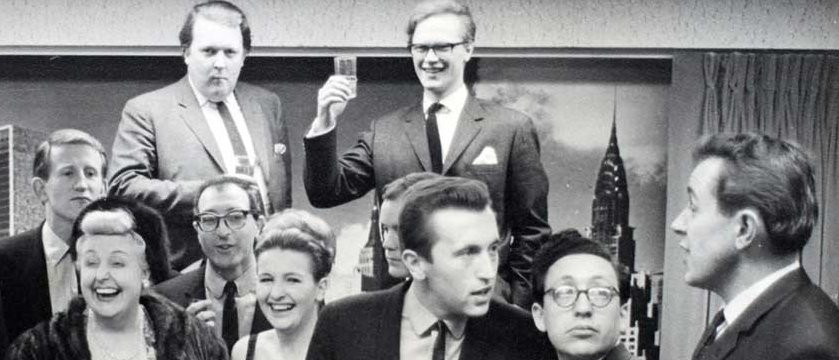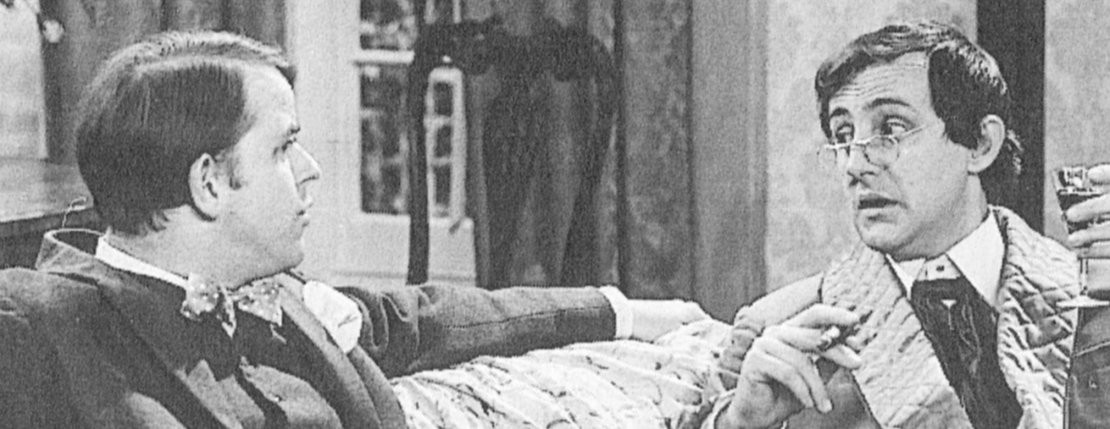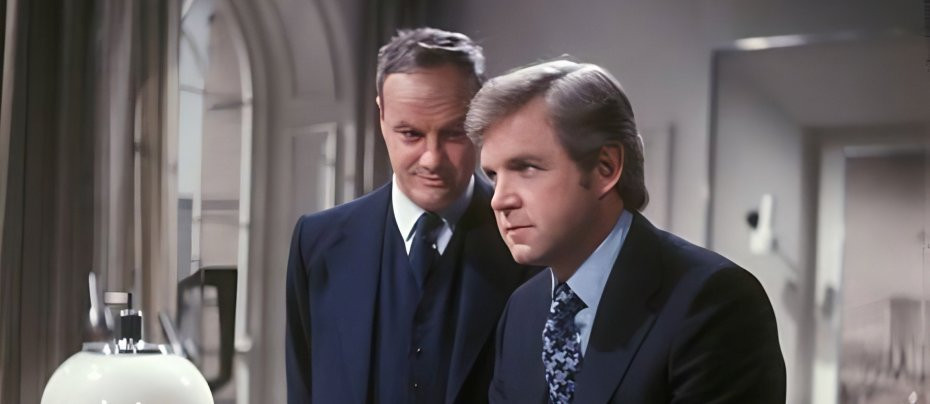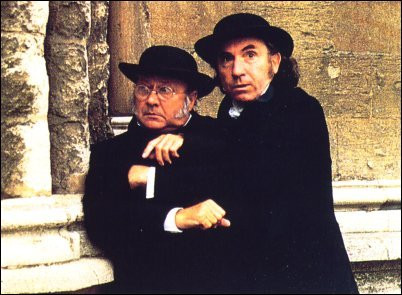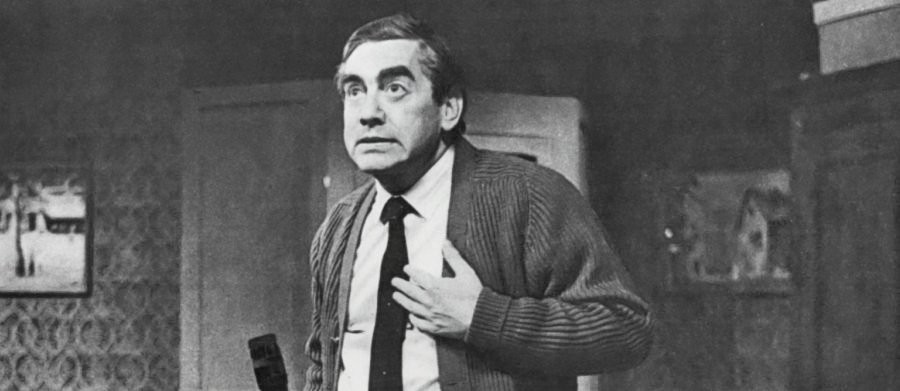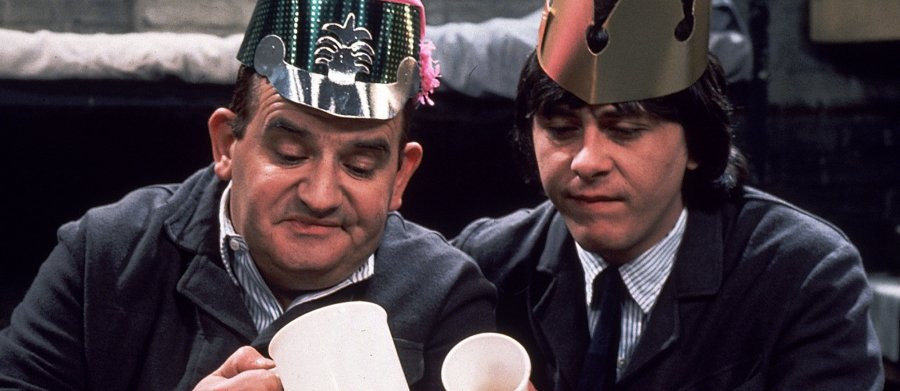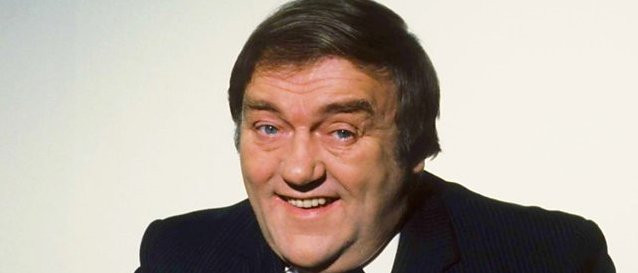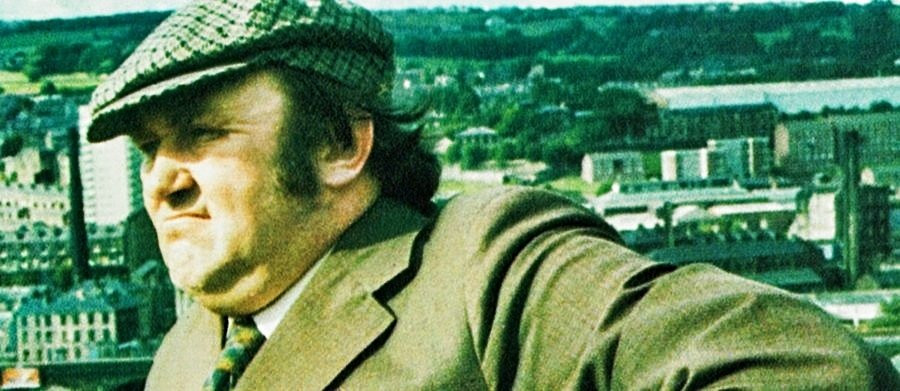
The Loner
1975 - United KingdomBest remembered for his deadpan comic delivery, curmudgeonly persona, jokes about his mother-in-law and wife and his hilarious performances with Roy Barraclough as the two Lancastrian housewives Cissie Braithwaite and Ada Shufflebotham, with their constantly heaved bosoms and gossipy misunderstanding of life in general, Les Dawson broke away from outright comedy in 1975 to appear in a trilogy of plays by Alan Plater.
Plater had honed his pen on numerous television scripts throughout the 1960s, writing for Z Cars and Softly Softly before creating and devising The First Lady, a vehicle for Thora Hird as a tough talking, down to earth, yet good humoured and quick-witted northerner who becomes a newly elected member of a local council. Plater, a versatile writer whose awards came from Bafta, the Broadcasting Press Guild and the Royal Television Society as well as an International Emmy, had, by his own admission, always tried to make his characters normal people, whose normal lives are interrupted when the outside world comes into their lives. The characters he created were thrust into these situations as they fought the machinations of government, crime and corporate greed. And this was the premise of The Loner.
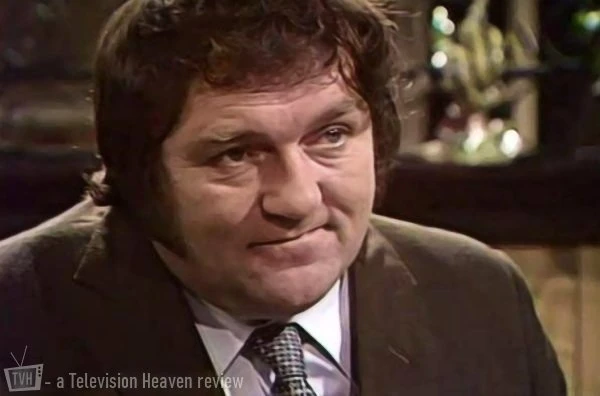
"The idea of a character living halfway up a hill, who crosses his doorstep every so often and walks into the nearest town, may not be everyone's idea of a comic situation," said Plater in an interview for the TV Times. That was how he described the central character, Dawson, in the trilogy of plays commissioned by Yorkshire Television. Plater had created the character especially for Les Dawson inspired by the comic's love of words, literary knowledge and crumpled melancholy. "Les has the aspect of a sad man with the ability to see people's pretensions."
"Like Les, the character has read a lot, prefers his own company and is an outsider, a loner to the nearby townspeople who regard him as an amiable eccentric." Dawson's eye view, he explained, is that of a childish innocence of a still sane character in a slightly bewildering world. Plater's Chekhovian style of writing, about ordinary events and the relationships of people in small towns and villages, worked on multi-levels. "That's the root of Drama", said Plater. "I couldn't be satisfied with a play that barely worked on one level. There has to be counterpoint, inter-reaction. The character of Dawson is amusing and entertaining on the surface, but that doesn't prevent him from scratching a bit."
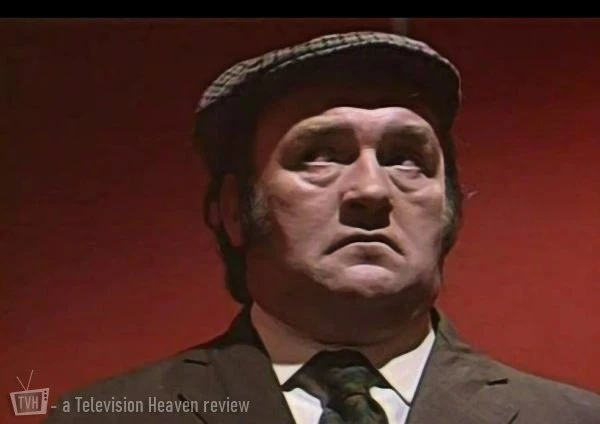
The character suited Les Dawson's lugubrious, pessimistic persona down to the ground. "The character is, in some ways, me", Dawson explained. "He is like me in being a braggart and a coward, but in other ways - well, he's more like a cousin. I suppose his is a Tony Hancock character, the one half-sane chap in a totally mad world. That is one of the problems in the series, to get away from Hancock, because how would anyone compete with him?”
"The plays in The Loner are something different for me. Very unusual. You could call them comedy dramas. But really, they are very hard to analyse. They are comedy, but they are played for real." Acknowledging that the plays were a departure from the type of comedy audiences were familiar seeing from him, Les Dawson said the hardest part of making the trilogy was the fact that he was unable to ad lib. "Alan gets very annoyed with me. I keep trying to make jokes, shove extra lines in. But really, I don't have much chance with these plays: they are so tightly written there's no room to add anything."
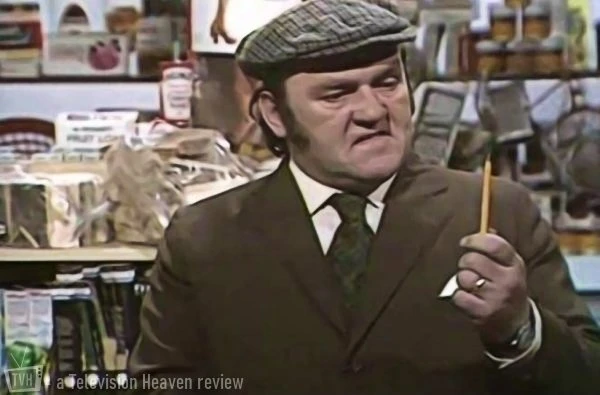
The trilogy of plays are titled Dawson's Complaint, Dawson's Connection and Dawson's Encounter. In the first of these, a story that Plater wrote as an attack on capitalism, Dawson buys a pen which won't write, and when he gets nowhere with the shopkeeper who sold it to him, he decides to take his complaint right to the top, only to discover that he is dealing with a corporate giant who is manufacturing pens which will never work. They know they will never work, and they will not do anything about it.
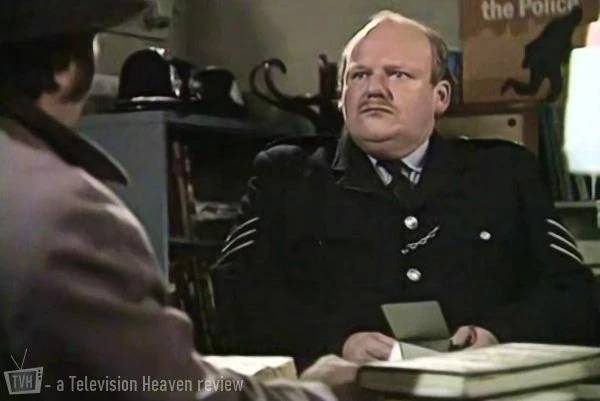
In the second episode, Dawson is handed a package in a bar by a complete stranger. Despite doing everything he can to get rid of it, including a visit to the local police station where the desk sergeant refuses to take it because the station's lost property office is overflowing with bicycles, he realises that he needs to find out who the package was really intended for. He discovers that it was meant to be delivered to Big Sam of the Bradford mafia, and it contains forged five-pound notes.
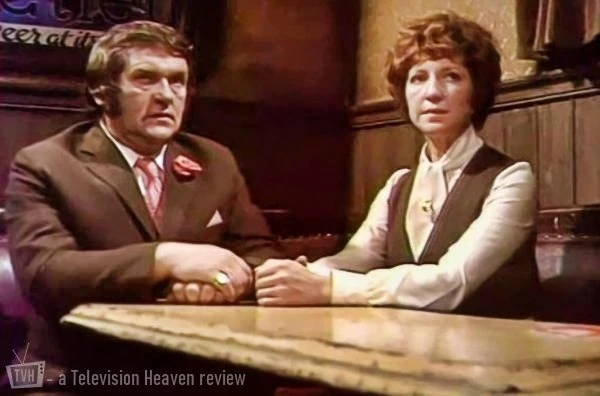
In the third and final episode, Dawson has a romantic encounter with a mysterious woman he meets in a restaurant (after she sits on his hat) who has a love of Gregorian Chant. But as his date believes in fantasies and half-truths, what happens if he tries to introduce reality to the relationship? When she reveals that she may or may not be married and she has a desire to trample barefoot on potato crisps, Dawson realises that the romance is doomed from the start, and that he is destined to remain a loner.
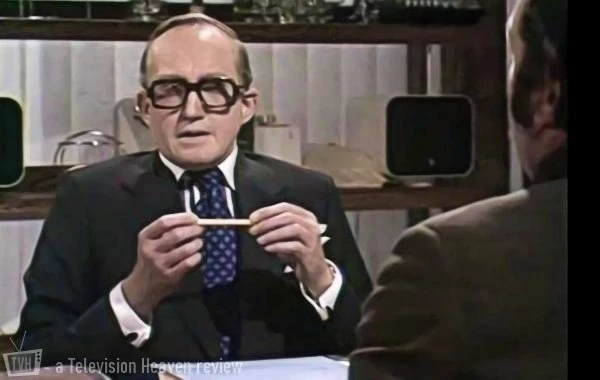
The trilogy included a host of familiar faces such as the actress, later turned author - Helen Rappaport, Brian Wilde (Porridge and Last of the Summer Wine), Cyril Luckham (The Guardians), Fred Feast (Coronation Street), Reginald Marsh (Terry and June), Sharon Maughan (Holby City), Gillian Raine (Wish Me Luck) and Roy Kinnear (just about everything) - but did not get the critical reaction that it deserved.
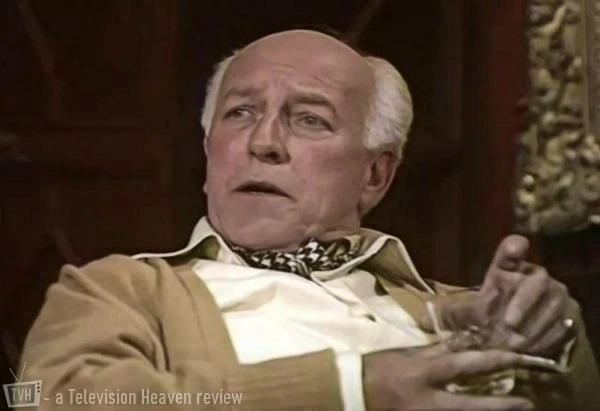
Despite the love from his audience, Les Dawson didn't always get a smooth ride with the critics, and was disappointed with the reception that The Loner received. In his 1985 autobiography A Clown Too Many, he wrote: 'Alan Plater, the writer, had an idea which we titled The Loner. In this I played a man coming from nowhere, going nowhere, and it was about what happens to him in transit. Like most things I'd done, frankly, it was ahead of its time. It was performed without an audience present and the whole thing was shot as a black comedy. Again, I incurred the wrath of the press, they simply could not see the situation, and Yorkshire dropped the idea of doing any more.'
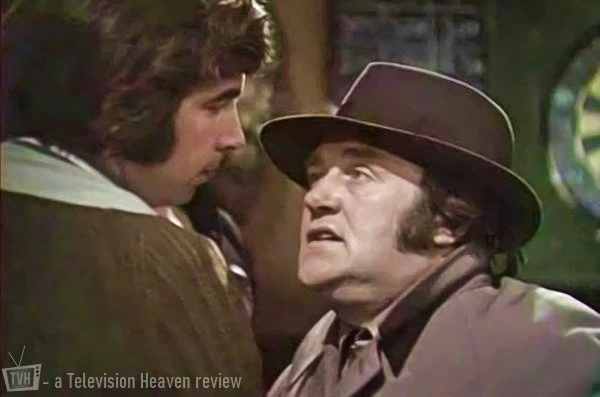
Following The Loner, Les Dawson returned to out and out comedy and carved out a career as a successful author and a compere of such shows as Blankety Blank and a revived Opportunity Knocks, the show on which he'd previously made his television debut in 1967. Almost thirty years since his untimely passing at the age of 62, Les Dawson is still venerated today as one of Britain's finest stand-up comics, The Loner is an excellent example of another side of his undoubted talent.
Seen this show? How do you rate it?
Seen this show? How do you rate it?
Published on August 12th, 2021. Written by Laurence Marcus for Television Heaven.


